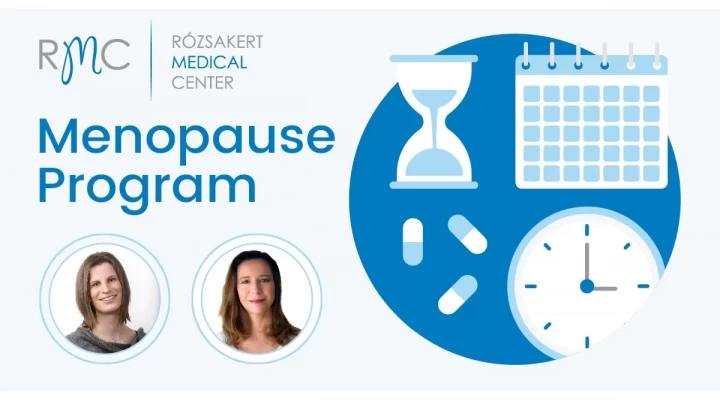Because of its name, it has no or hardly recognisable symptoms and increases the risk of diseases such as stroke and heart failure.
Why do we hear that men are more prone to cardiovascular disease?
Indeed, men are more likely to develop cardiovascular disease. Women are protected by one of the female sex hormones (oestrogen) until they reach a changing age (menopause), after which oestrogen production in women drops dramatically and women catch up with men in terms of risk and incidence of cardiovascular disease.
Is there such a thing as a silent heart attack?
Yes, there is. Some people may only find out that they have had a 'silent' heart attack during a medical examination for a different reason, such as a driving licence extension.
How is this possible?
One possibility is that there were only mild or mildly perceived symptoms, which the patient thought were, for example, just a cold or upset stomach, and therefore did not consult a doctor or attach any importance to it. The other possibility is that there really were no symptoms and that a routine ECG or echocardiogram is the only way to detect a heart attack.
Are there any symptoms that might suggest that we have had a silent heart attack?
The problem is in the name, the silence, the lack of symptoms. The reason for this is certainly that our body compensates well. But the disease is still present. Although there is no specific symptom unique to this disease, the sudden changes are certainly striking. This can be the case if, almost overnight, you physically can't do something you could do without problems (e.g. climbing stairs, carrying things). You may run out of breath or just feel weak. But you may also experience chest pains or even symptoms of heart failure due to myocardial death, such as symmetrical leg swelling, or choking at night.
Why is it important to diagnose as soon as possible?
Silent heart attacks, despite being asymptomatic, increase the risk of stroke and heart failure, especially in people under 50. According to the American Heart Association, women with diabetes in particular are at increased risk, but this does not mean that men are immune. Other risk factors include high cholesterol, high blood pressure, obesity, smoking, older age, and a family history or history of cardiovascular disease.
How can silent heart attacks be diagnosed?
Very often, it is only during a routine or routine check-up that signs of a heart attack are detected, which is why regular screening is essential. Usually, a resting ECG and/or echocardiogram is enough to give a reasonable suspicion of the diagnosis, but a more detailed examination is needed to make a definitive diagnosis.
What are the symptoms that should prompt a visit to a cardiologist?
- Pressing, tight chest pain behind the sternum, which may radiate to the left shoulder, arm, neck, jaw
- Strong palpitations, rapid pulse
- Shortness of breath, difficulty breathing
- Loss of consciousness
- Reduced exercise capacity, fatigue
- Watery lower limbs
Tamás Frész M.D.
Cardiologist









